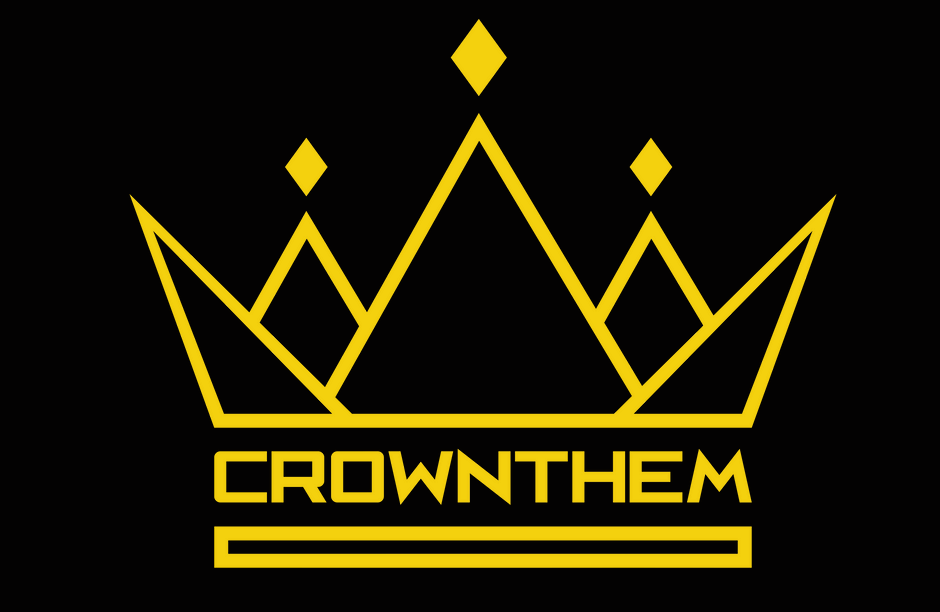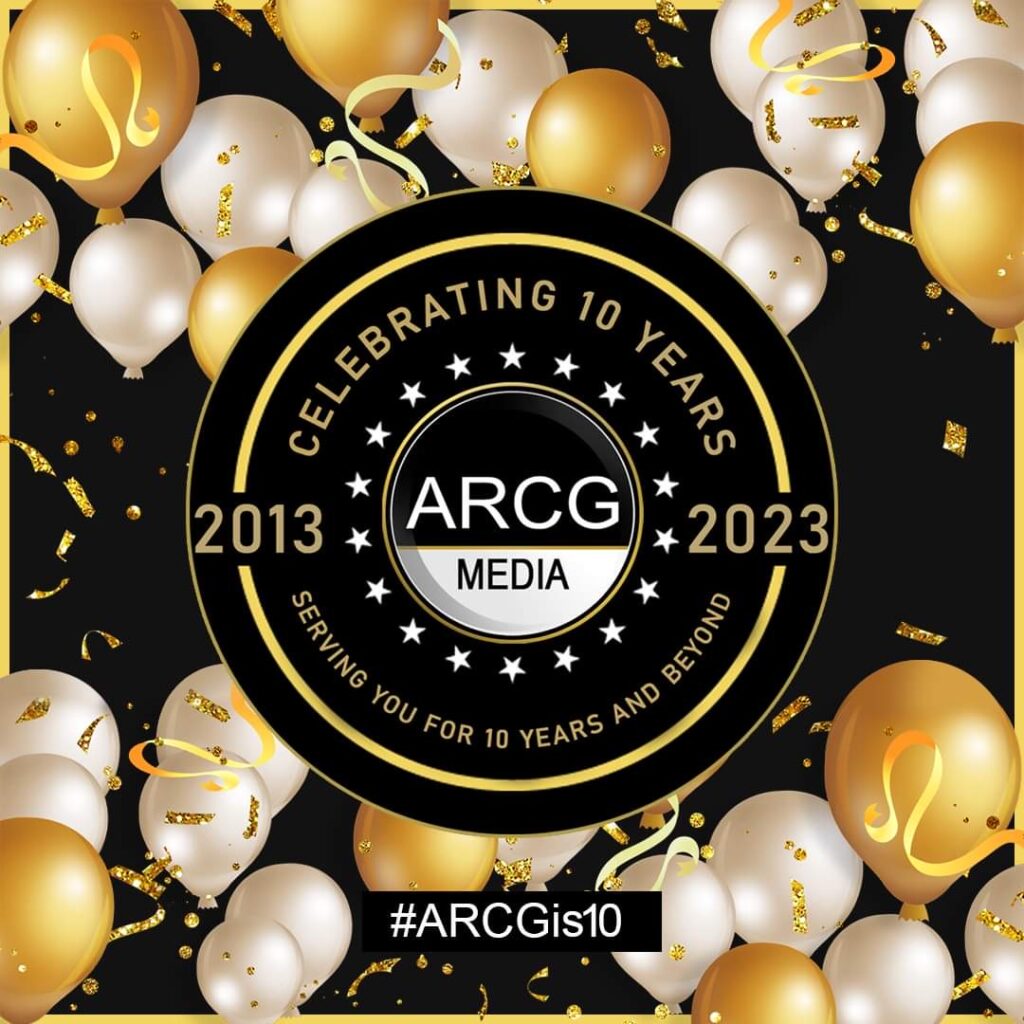In the wake of WrestleMania 40, the wrestling world finds itself amid reflection and anticipation as fans, performers, and commentators grapple with the seismic events unfolding at Lincoln Financial Field. As ARCG Media proudly commemorates its seventh WrestleMania appearance via the #ARCGWWETour, we dissect the post-event happenings that have left an incredible mark on the professional wrestling industry.
The 2024 WWE Hall of Fame ceremony served as the heartfelt prelude to the grand spectacle of #WrestleManiaXL. ARCG, with its seasoned expertise in capturing some of WWE’s most iconic moments, ensured that every facet of this historic occasion was highlighted for fans worldwide. The induction of luminaries such as Paul Heyman, Bull Nakano, Lia Maivia, Thunderbolt Patterson, and the legendary Muhammad Ali underscored the profound tapestry of talent and legacy that defines the WWE Hall of Fame.
One of the most resonant moments of the Hall of Fame ceremony was Muhammad Ali’s widow’s touching tribute to The Rock, who presented him with the People’s Championship belt. ARCG, with its unparalleled access and dedication to storytelling, captured the emotion and significance of this heartfelt gesture, reinforcing The Rock’s status as a cultural icon and wrestling legend.
Following the festivities of WrestleMania 40, ARCG’s Co-Founder Rob Aurelius reflected on the experience:
“Attending WrestleMania 40 was an unforgettable experience. Witnessing The Rock wrestle after eight years felt like a privilege. The Hall of Fame ceremony, especially Paul Heyman’s induction, added to the magic. But it was Cody Rhodes’ victory on Sunday night that genuinely became a cherished memory for a lifetime.”
The repercussions of WrestleMania 40 extended far beyond the confines of the Hall of Fame ceremony, circulating into the electrifying atmosphere of #RawAfterMania. In a stirring address to the WWE Universe, Cody Rhodes #TeamCody heralded a new era of championship reign with his ascension to the Undisputed WWE Universal Heavyweight Championship. ARCG, adept at immortalizing the excitement of the wrestling community, ensured every nuance of Rhodes’ proclamation was conveyed with clarity and resonance.
However, The Rock’s earth-shattering announcement sent shockwaves through the arena, igniting a firestorm of anticipation across social media platforms worldwide. In a bold declaration, The Rock proclaimed his intention to return for a championship match against Cody Rhodes, setting the stage for a monumental showdown that promises to redefine the outlook of professional wrestling.
As WrestleMania 40 shattered records and etched its name in WWE history, ARCG’s continued dedication to the sport stood as an unwavering pillar of comprehensive coverage and insightful commentary, guiding fans through every exhilarating twist and turn of this monumental event. From the record-breaking attendance at Friday night’s SmackDown event to the uncontained excitement surrounding WrestleMania’s 40th anniversary, ARCG ensured that wrestling fans’ passion was celebrated and forever remembered.
#WrestlemaniaWeekend transcended being just a spectacle to become a cultural landmark, a testament to the lasting influence and irresistible appeal of professional wrestling. In the wrestling industry, WrestleMania 40 stands as a symbol of the sport’s resilience and a beacon of promise for future developments.
About ARCG Media
At ARCG Media, we are dedicated to empowering your brand by enhancing its social visibility through meticulously crafted strategies. Our goal is to not only achieve success but to also deliver tangible results that drive meaningful growth for your business. With our expertise and commitment to excellence, we aim to be your trusted partner in navigating the dynamic landscape of social media marketing.
































